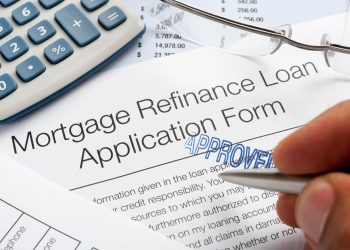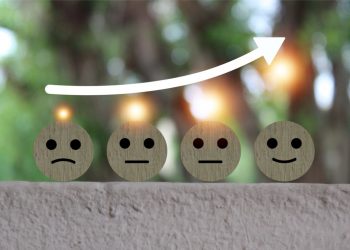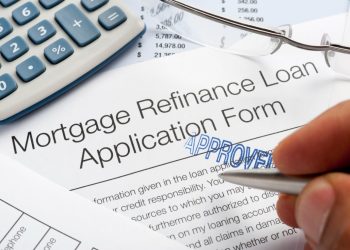 RISMEDIA, February 19, 2009-(MCT)-Polls show that Americans’ sense of well-being went downhill last year right along with the stock market. But according to two University of Pennsylvania economists taking the long view, at least we’re all in it together.
RISMEDIA, February 19, 2009-(MCT)-Polls show that Americans’ sense of well-being went downhill last year right along with the stock market. But according to two University of Pennsylvania economists taking the long view, at least we’re all in it together.
Reporting last month in the Journal of Legal Studies, they found the American “happiness gap”-the difference between the happiest and unhappiest groups of Americans-has narrowed considerably over the last three decades.
From 1972 to 2006, average happiness remained largely the same despite a steady climb in average income, according to survey data collected by the University of Chicago. Economists had thought the cause was that the rich were getting richer and happier, and the poor getting poorer and unhappier-balancing each other out.
But Betsey Stevenson and Justin Wolfers of Penn’s Wharton School found that wasn’t true. The unhappiest Americans have grown happier, and the happiest are less so, producing a greater cluster around the ho-hum survey response of “pretty happy,” Wolfers said.
Greater consensus on happiness despite a widening income gap suggests non-financial factors such as social equality, leisure time or religious beliefs could influence Americans’ mood more than previously thought, he said.
Of course, 2006 was an eon ago, financially speaking. And during economic downturns, those other factors tend to be overwhelmed by cold, hard dollars and cents.
“There’s just no doubt about it: In every recorded recession, happiness has fallen in the United States,” Wolfers said. “In this recession, it’s plummeting even further. … Folks out there are not happy.”
© 2009, Chicago Tribune.
Distributed by McClatchy-Tribune Information Services.










